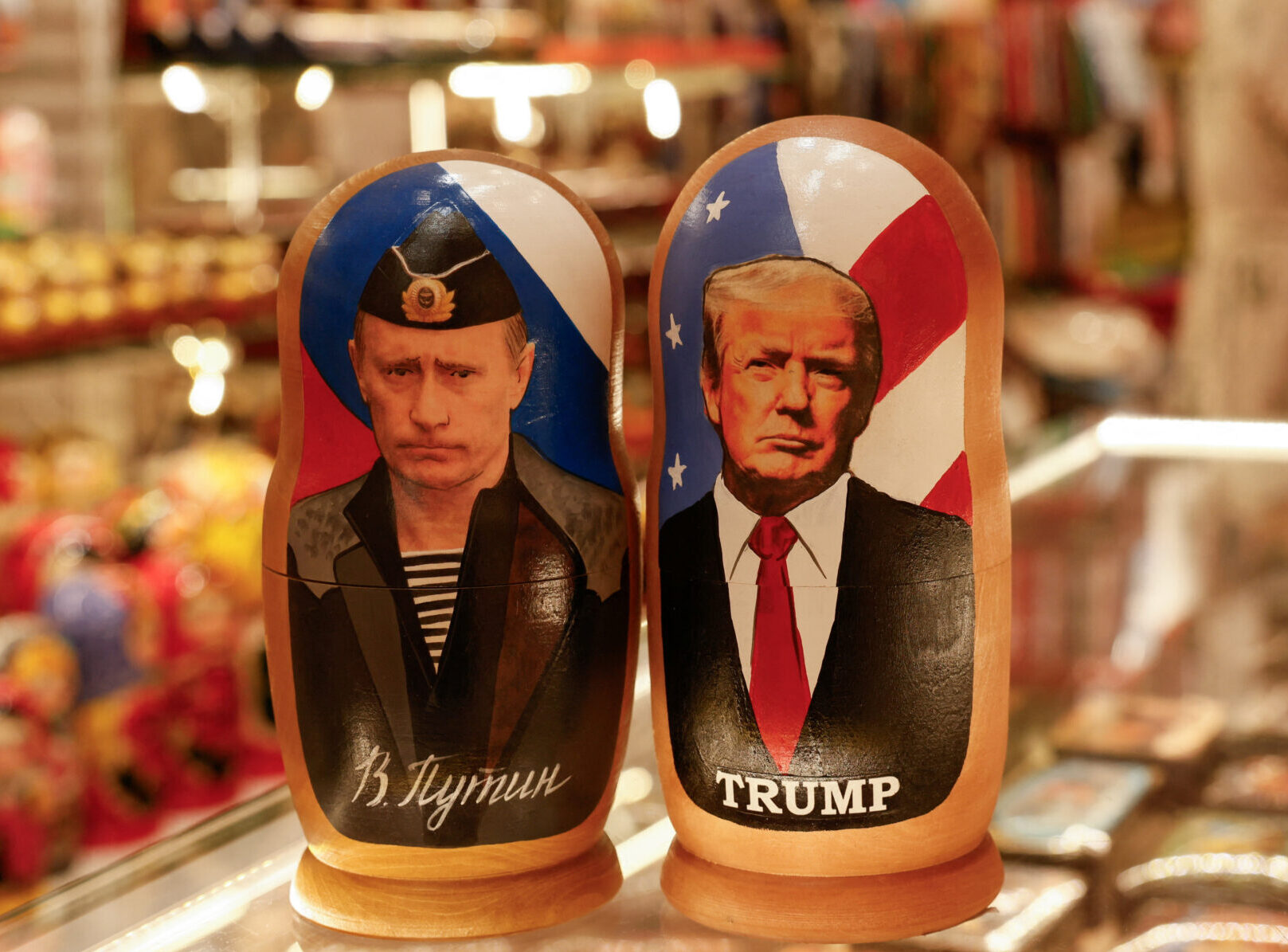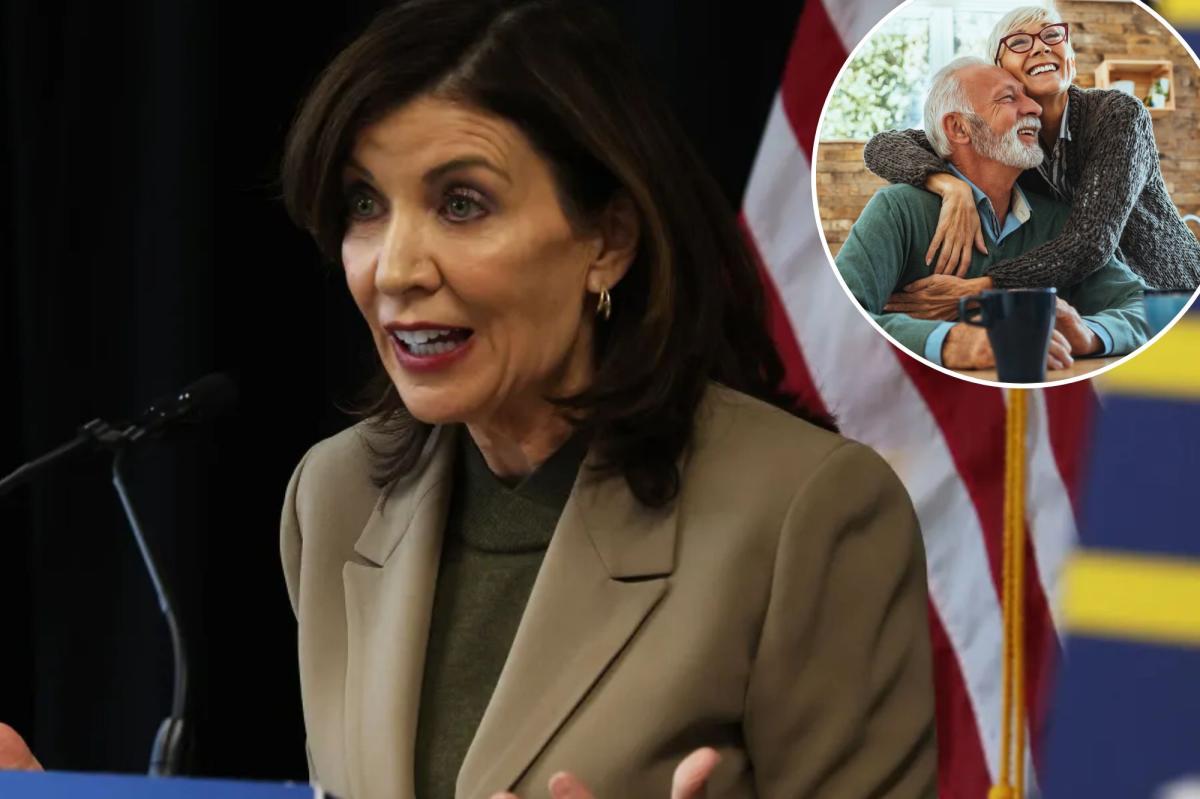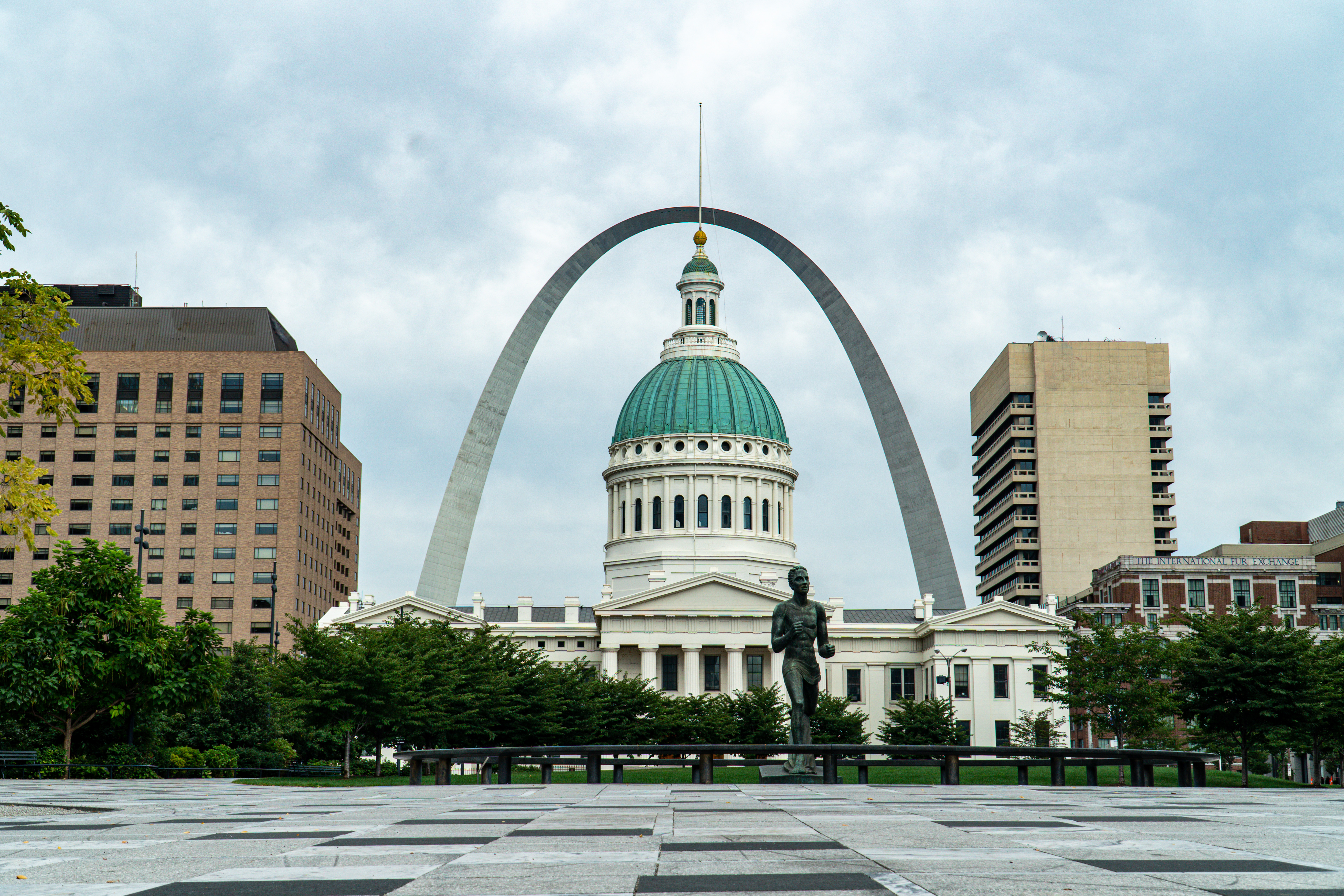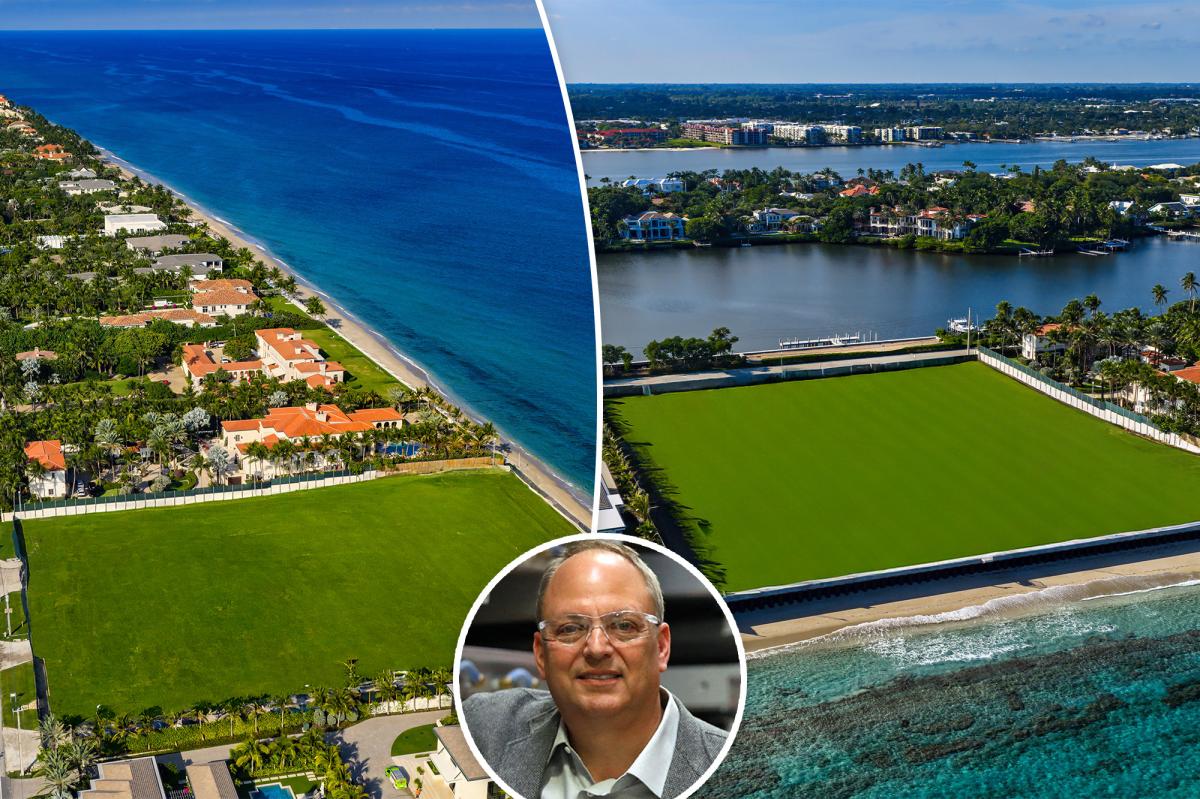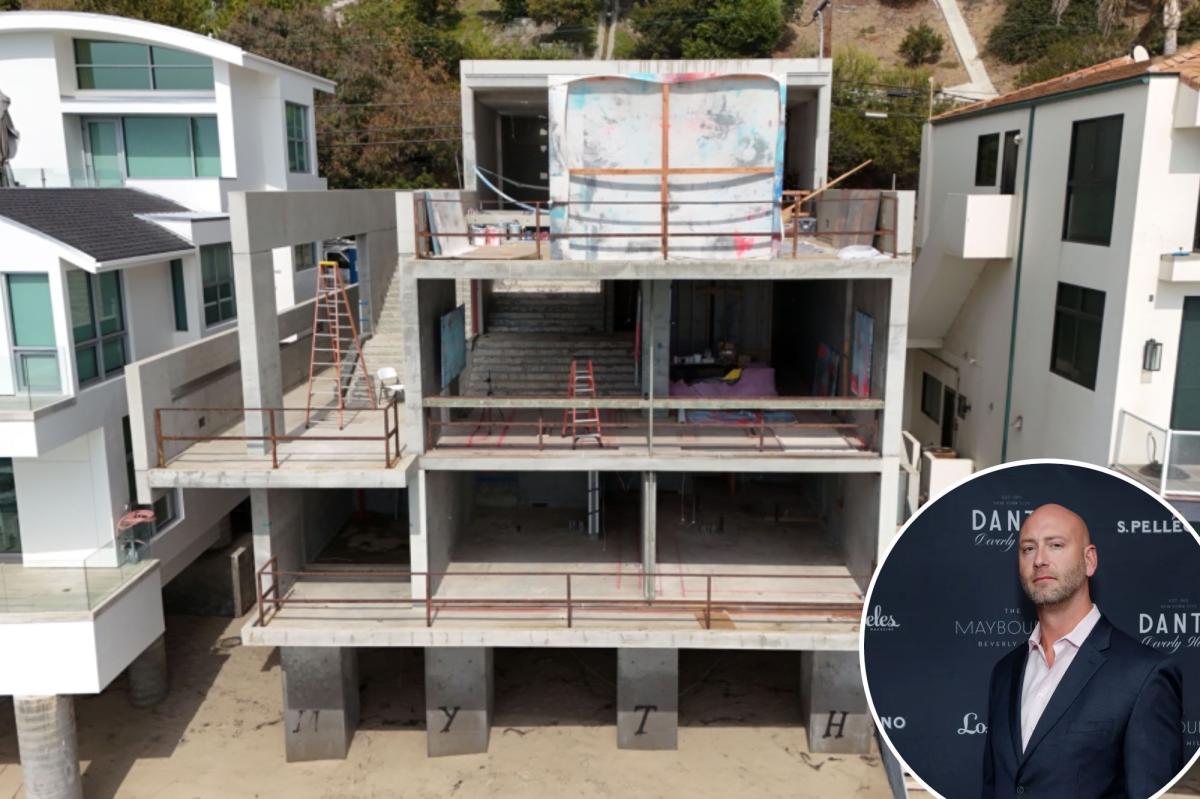A
s US President Donald Trump prepares to meet Vladimir Putin in Alaska, his comments on Ukraine suggest he's drawing from his real estate experience. He's described Russian-occupied regions of Ukraine as "prime territory" and hinted at a potential land swap. However, this approach misreads Russia's war aims, which go far beyond territorial disputes.
Putin is fighting to extinguish Ukrainian independence altogether, driven by a desire to revive the Russian Empire and establish a new world order. His ambitions are rooted in historical grievances and unadulterated imperialism. To understand Moscow's motivations, it's essential to detach oneself from the Western perspective and view the invasion through the prism of modern Russian history.
The trauma of the Soviet collapse has haunted Putin since his early days as a KGB officer in East Germany. He saw the breakup of the USSR as a catastrophic loss of territory and population, plunging Russia into poverty. This experience shaped his worldview and made him determined to ensure Moscow would never be silent again.
Putin's Ukraine obsession stems from regarding Ukraine as part of Russia's historical heartlands. The country's democratic transformation in the 2000s placed it on a collision course with Putin's imperial agenda. The Orange Revolution, which brought pro-Western opposition candidate Viktor Yushchenko to power, was a watershed moment for Putin.
He took the revolution personally and became increasingly paranoid about the prospect of similar uprisings in Moscow. Putin began accusing the West of attempting to foment "color revolutions" against him and delivered a landmark speech describing the fall of the USSR as a "geopolitical catastrophe."
From this point on, Putin's hostility to Ukraine grew. He saw the country's democratic transformation as a direct threat to his authoritarian regime. To prevent a repeat of the Soviet collapse, Putin became fixated with subverting Ukrainian democracy and reasserting Russian control over the country.
Throughout the decade following the Orange Revolution, Putin sought to undermine Ukrainian independence via massive campaigns of political and economic interference. When Ukrainians defied the Kremlin in 2014, Putin responded by seizing Crimea and invading eastern Ukraine's Donbas region. The full-scale invasion of February 2022 was a response to Ukraine's continued Euro-Atlantic integration.
Since 2022, Putin has provided ample evidence of his intention to destroy Ukraine as a state and nation. In occupied regions, all traces of Ukrainian identity are being erased amid a reign of terror involving mass arrests and deportations. A United Nations probe has concluded that Russia is guilty of committing crimes against humanity throughout the occupied regions.
Moscow's eliminationist agenda in occupied Ukraine mirrors the rabidly anti-Ukrainian rhetoric that dominates contemporary Russian political discourse. Putin insists that Ukrainians are actually Russians, while many of his Kremlin colleagues question Ukraine's right to exist. The Kremlin's uncompromising position during recent peace negotiations has further underlined Putin's maximalist war aims and confirmed his refusal to coexist with a separate and sovereign Ukrainian state.
For Trump to end the bloodshed in Ukraine, he must speak to Putin in the language of strength. Unless that changes, the war will continue. Putin currently has no intention of abandoning an invasion he views as an historic mission, and will not be persuaded by minor territorial concessions, even if they're "prime real estate."
